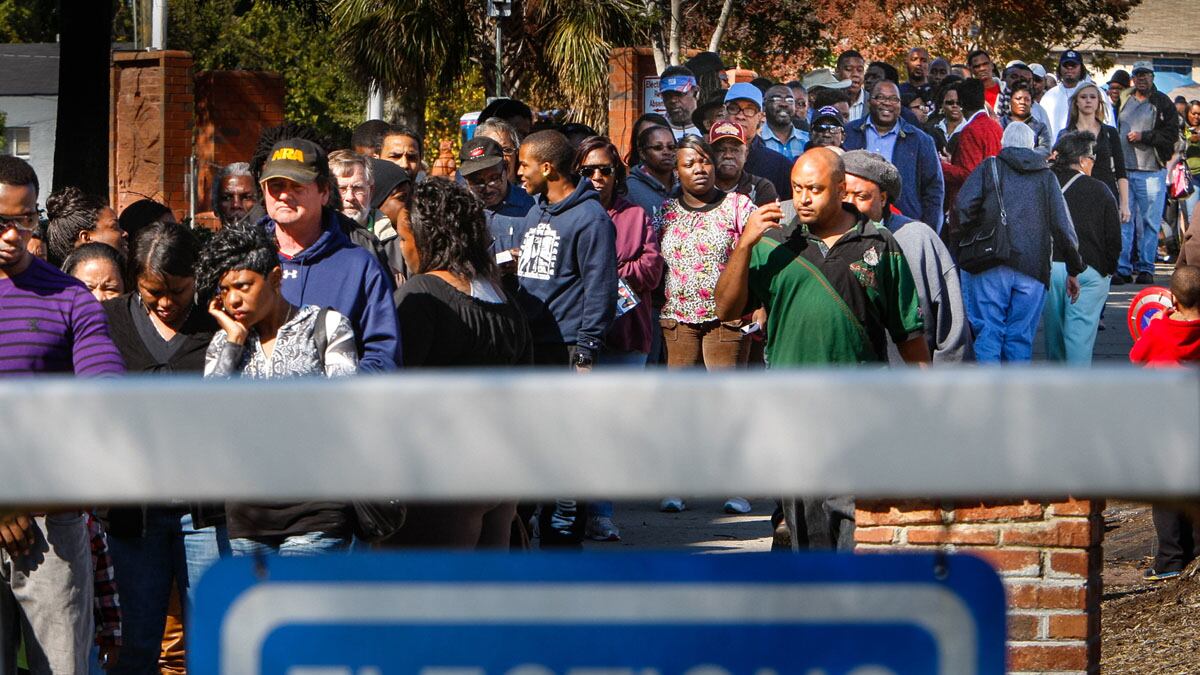Could an obscure procedural ruling in a South Carolina court determine the identity of the next Republican presidential nominee?
Last week on August 21, U.S District Court Judge Mary Lewis threw out a lawsuit where a Greenville County Republican Party was attempting to force the state to impose a closed primary, where only registered Republicans can vote. South Carolina currently does not allow voters to register by party so voters can freely participate in partisan primaries. According to Judge Lewis, the Greenville County GOP did not have standing to sue the state in a case where the state Republican Party had originally been a plaintiff as well before withdrawing from the suit in June. The result is that Democrats and Independents will be able to continue to vote in Republican primaries in the Palmetto State.
This could have a big impact in national politics. Although South Carolina is a Republican stronghold and one of the most conservative states in the country, its “First In The South Primary” is crucial in presidential politics. In 2012, independents and Democrats made up almost 30 percent of the South Carolina primary electorate. While their participation didn’t change the result in an election that Newt Gingrich won by a commanding margin after some well-regarded debate performances, independents did overwhelming support Rep. Ron Paul (R-TX)---and were more than twice as likely to vote for him than registered Republicans who participated in the primary.
With the wide open Republican race in 2016, the continued ability of independents and Democrats to participate in South Carolina’s GOP primary could have a big impact. In particular, if, as expected, Sen. Rand Paul (R-KY), the son of Ron Paul, runs for President, the ability of independents to participate could be crucial. The open primary may also help potential candidates considered to be more moderate like Gov. Chris Christie (R-NJ) in the Palmetto State as well.
But the impact of this change could come much sooner than 2016. Republican Senator Lindsey Graham, is facing a competitive primary in 2014 against a field of conservatives enraged over the two term Senator’s support for immigration reform and willingness to allow votes on several of President Obama’s judicial nominees. While the opposition to Graham has yet to coalesce around a single opponent, he could be in real trouble if it does. If so, crossover voting by independents and Democrats to support the comparatively moderate two-term senator could make the difference.





